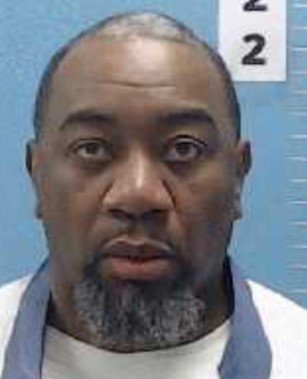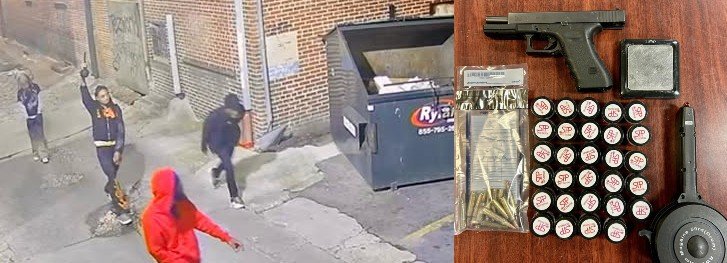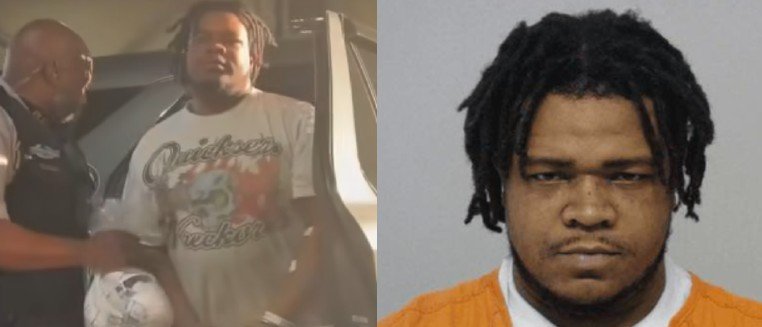Macon Pastor’s Conviction for Murder of Fiancée on Wedding Day Upheld by Georgia Supreme Court

The Georgia Supreme Court upheld the conviction of Macon pastor William C. Pounds III for the 2015 murder of his fiancée, Kendra Jackson. Pounds, who led two simultaneous relationships, was convicted of malice murder, felony murder, and aggravated assault in Jackson’s death, which occurred just hours before he was to marry his other fiancée, Vicinda Crawford. Sentenced to life in prison without parole in 2017, Pounds had appealed the conviction, arguing that errors in evidence and ineffective counsel affected his trial. On November 5, 2024, the Supreme Court affirmed his conviction, concluding that the jury’s verdict was sound.
Pounds had met Jackson in the early 2000s, and the couple maintained a long-term relationship, even as Pounds pursued a decade-long affair with Crawford, whom he met in 2005. Both women eventually learned about each other, though Pounds persuaded each woman he was committed to her, repeatedly proposing to both and eventually setting June 12, 2015, as his wedding date with Crawford. However, in the early hours of that day, Jackson was found dead in Pounds’ home from a single gunshot wound to her head.
Pounds dialed 911 around 2 a.m., claiming Jackson had taken her own life after a confrontation. He initially told authorities that Jackson, upset about their relationship ending, had picked up his handgun and threatened to kill herself. Pounds later recounted that he attempted to lunge at her to stop her, but was “too late.” In separate statements, he said he was downstairs when he heard the shot and then ran upstairs to find Jackson’s body.
Pounds’ version of events varied in several ways. In one version, he said he was hiding under the bedcovers when Jackson pointed the gun at herself. He later claimed he tried to grab the gun from her and, during a struggle, it went off. In another version, he said Jackson was pointing the gun at him but turned it on herself as he attempted to intervene. Yet he also recounted that Jackson was standing when the gun fired, then added that they both fell to the floor afterward.
Crime scene analysis disputed Pounds’ account, suggesting Jackson’s position and the blood patterns did not align with a self-inflicted gunshot. An expert testified that Jackson was likely facedown for at least ten minutes before Pounds turned her over to attempt resuscitation. The expert noted the blood coagulation indicated a delay of several minutes between her injury and Pounds’ 911 call. The autopsy revealed that Jackson’s wound was a close-contact shot, inconsistent with Pounds’ claim that the gun discharged during a struggle.
Witnesses at trial provided further evidence undermining Pounds’ suicide claim. Friends and coworkers testified Jackson had shared future plans with Pounds and expressed enthusiasm about her life, noting she was unlikely to be suicidal. Jackson’s daughter described a history of violent behavior from Pounds, including incidents where he allegedly forced Jackson into his car and broke into her home.
The Supreme Court’s decision cited Pounds’ conflicting accounts and forensic evidence as key factors in affirming his conviction.






